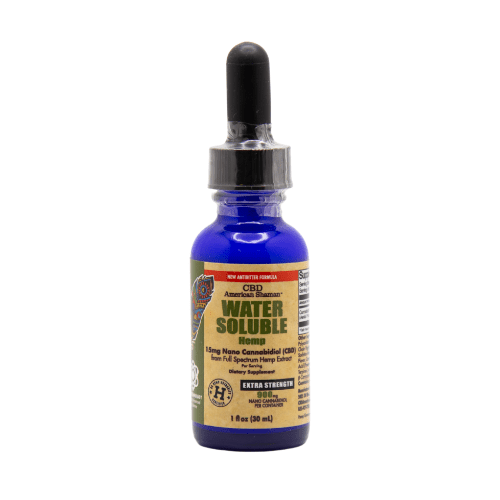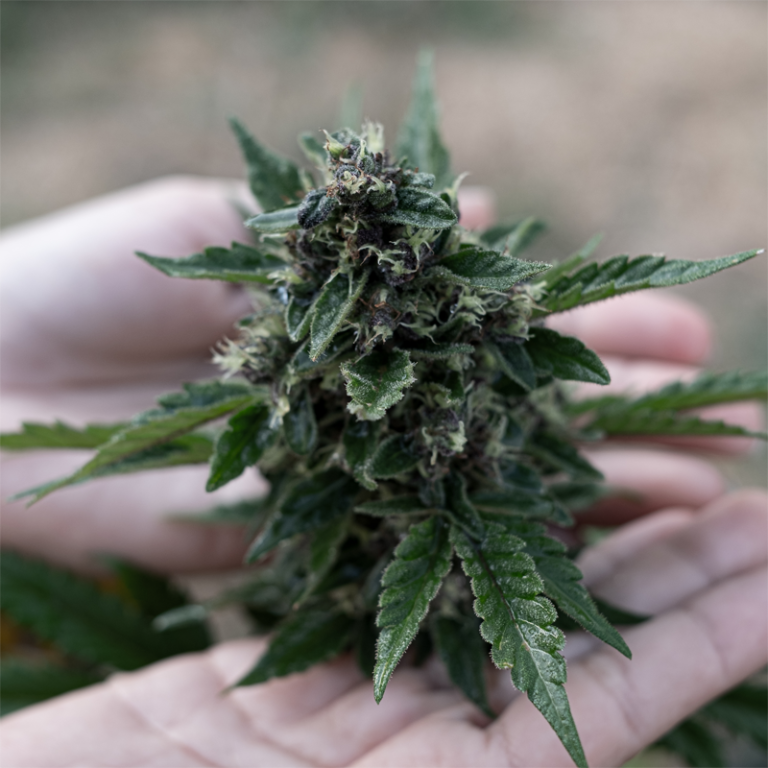Who Should Avoid Taking CBD?
As CBD (cannabidiol) gains popularity for its potential health benefits, an increasing number of people are adding it to their wellness routines. Extracted from the cannabis plant, CBD is non-psychoactive and is often lauded for its potential to alleviate anxiety, provide pain relief, reduce inflammation, and improve sleep disorders. However, despite its growing appeal, CBD is not suitable for everyone, and there are certain individuals and groups who should approach its use with caution or avoid it altogether.
Understanding who should be cautious about taking CBD is important, as some people may experience adverse effects or may not benefit from it as others do.
Pregnancy and breastfeeding are critical periods when mothers must be especially careful about what they consume, as various substances can potentially affect the developing baby. The FDA advises against using CBD during these times because there is no conclusive research on how it might impact fetal development or newborns.
While some studies have suggested that cannabinoids could influence brain development in fetuses, there is no large-scale research that definitively establishes the safety of CBD for pregnant or breastfeeding women. Without more comprehensive evidence, it is prudent to err on the side of caution and avoid CBD during these important stages.

CBD can interact with various medications and health conditions, potentially affecting their efficacy or causing adverse effects. Since CBD is metabolized in the liver by the same enzyme that processes many prescription drugs, it can alter the metabolism of these medications. This might lead to unintended side effects or reduced effectiveness. For instance, CBD may enhance the effects of blood thinners, increasing the risk of bleeding, or alter the levels of anti-seizure medications, which could cause toxicity or decreased efficacy. It may also interact with antidepressants and anxiety medications, potentially leading to excessive drowsiness or other issues.
Individuals with liver conditions should exercise caution with CBD, as it is processed in the liver. High doses of CBD might elevate liver enzymes, suggesting potential stress or damage to the liver. If you have liver disease or a history of liver problems, consult your doctor before using CBD.
For children, while the FDA has approved CBD for certain epilepsy types, such as Lennox-Gastaut syndrome and Dravet syndrome, the long-term effects of regular CBD use in developing children are not fully understood. It’s crucial to use CBD for children under medical supervision and avoid using it for non-medical purposes until more research is available.
CBD can lower blood pressure by relaxing blood vessels, which might exacerbate hypotension or interact with medications for low blood pressure. This could lead to dizziness, fainting, or more severe cardiovascular issues. If you have concerns about blood pressure, consult your healthcare provider before using CBD.
Though rare, some individuals may have allergic reactions to CBD or its ingredients, such as carrier oils. Symptoms might include rash, itching, swelling, or difficulty breathing. If you’ve experienced allergies to cannabis or similar plants, it’s advisable to avoid CBD products or discuss their use with a healthcare professional.
Those with a history of drug abuse should approach CBD cautiously. While CBD is non-psychoactive and does not cause a “high,” there could be a risk of dependency or increased dosage over time. Individuals in recovery from addiction should discuss CBD use with a healthcare provider to ensure it aligns with their recovery goals.
CBD offers potential benefits, but it’s not suitable for everyone. Pregnant or breastfeeding women, individuals on specific medications, children, and those with certain health conditions should consult their doctor before incorporating CBD into their health routine. Understanding your health needs and discussing CBD with a healthcare professional can help you make safe and informed decisions about its use.






